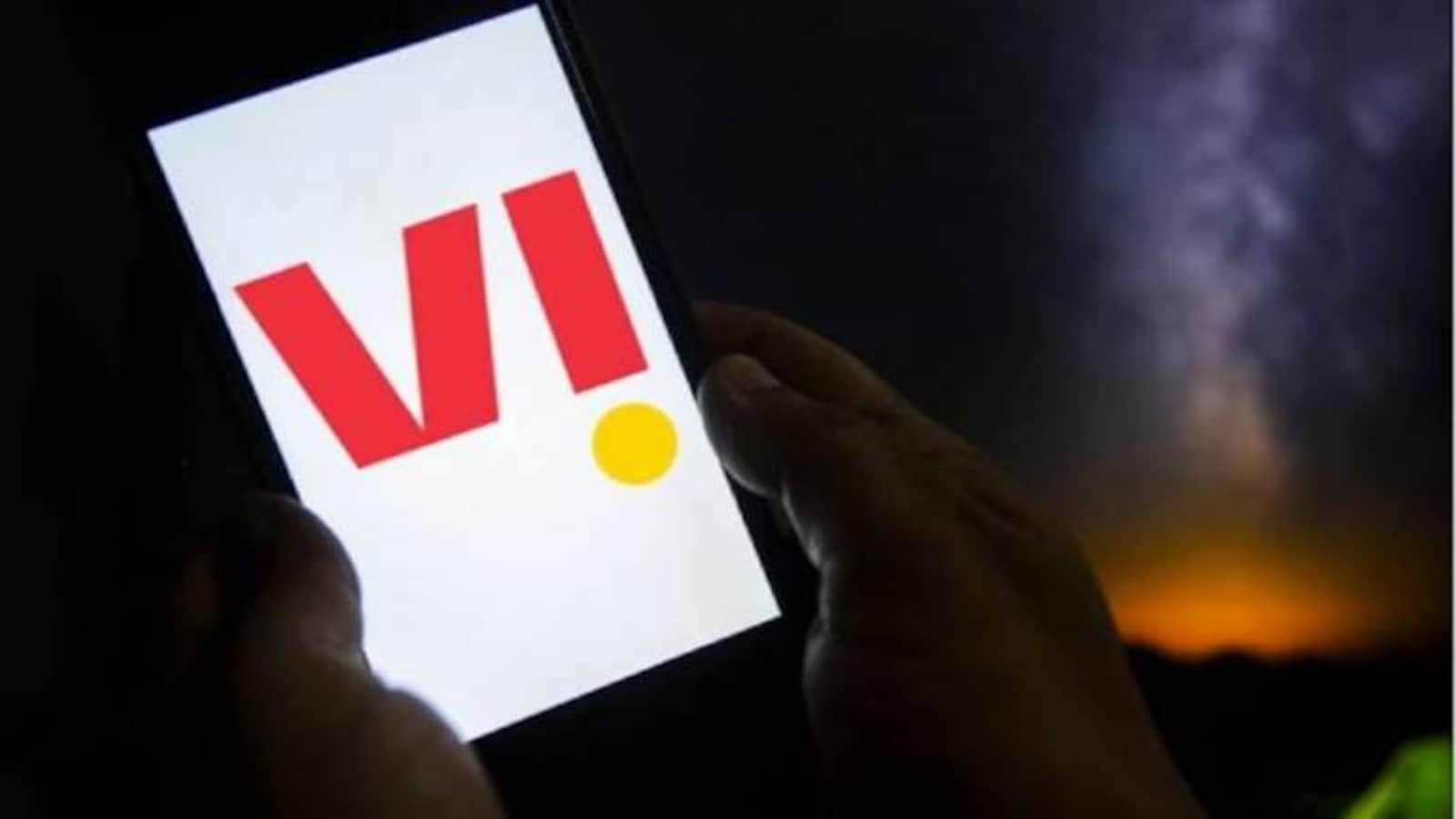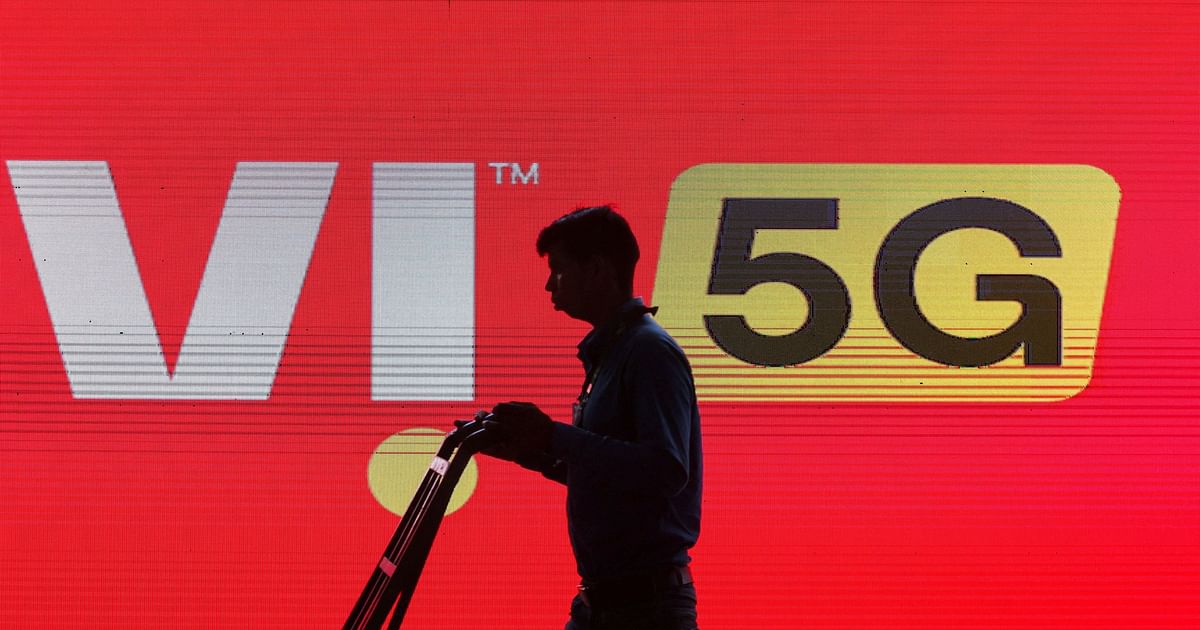Vodafone Idea Faces Substantial Rs. 7,840 Crore Loss in Q1, Amidst Ongoing Industry Challenges

Vodafone Idea Faces Substantial Rs. 7,840 Crore Loss in Q1, Amidst Ongoing Industry Challenges
In a recent financial disclosure, telecommunications giant Vodafone Idea reported a significant loss of Rs. 7,840 crore for the first quarter of the fiscal year. This staggering loss has sent ripples through the industry, highlighting the enduring struggles faced by the company in an increasingly competitive and rapidly evolving market.
Challenging Market Dynamics
The telecommunications sector in India has been undergoing a transformative phase, driven by technological advancements, changing consumer preferences, and intense market competition. Vodafone Idea’s substantial loss in Q1 underscores the complex landscape it operates within.
Factors Contributing to the Loss
Several key factors have contributed to Vodafone Idea’s financial setback. One of the foremost challenges has been the intense rivalry among telecom operators, leading to aggressive pricing strategies and the resultant pressure on margins. This phenomenon, exacerbated by the entry of new players, has led to a customer base that is highly price-sensitive, making it difficult for established players to maintain profitability.
Furthermore, the elevated debt burden carried by Vodafone Idea has weighed heavily on its financial health. The company’s debt has been a long-standing concern, impacting its ability to invest in network infrastructure and technology upgrades essential for keeping up with the ever-increasing demands of consumers.
The global COVID-19 pandemic has also played a role in the company’s financial struggles. Lockdowns and movement restrictions affected consumer behavior, leading to shifts in data and voice consumption patterns. Vodafone Idea, like many other businesses, had to adapt to these changes rapidly, which incurred additional operational costs.
Operational and Regulatory Challenges
In addition to market dynamics, Vodafone Idea has faced regulatory hurdles that have further compounded its challenges. The Adjusted Gross Revenue (AGR) issue, which pertains to the calculation of fees and charges for telecom operators, has been a major point of contention. The company has been embroiled in a legal battle with the government regarding the AGR dues, adding uncertainty to its financial outlook.
Operational inefficiencies have also hindered Vodafone Idea’s ability to streamline costs effectively. Network outages, call drops, and data speed issues have eroded customer confidence and led to subscriber churn, further impacting the company’s revenue streams.
Turnaround Efforts and Strategic Initiatives
Despite the daunting circumstances, Vodafone Idea has been actively pursuing measures to regain its financial footing. The company embarked on a comprehensive cost-cutting initiative aimed at optimizing its operations and reducing expenses. This strategy includes workforce reductions, renegotiation of vendor contracts, and the consolidation of network infrastructure.

Furthermore, Vodafone Idea has been exploring partnerships and collaborations to strengthen its market presence. Collaborations could potentially help the company pool resources, share costs, and leverage synergies to weather the storm of market challenges.
Looking Ahead
The telecommunications landscape in India is in a state of flux, with new technologies like 5G on the horizon and evolving consumer expectations reshaping the industry. For Vodafone Idea, navigating these changes while addressing its financial vulnerabilities presents a formidable challenge.
The company’s ability to restructure its debt, invest in modernizing its network infrastructure, and adapt its business model to align with shifting market dynamics will be pivotal in determining its future trajectory. As the market continues to evolve, there is a growing need for innovation and agility, both of which will play a critical role in determining which players thrive and which falter.
Embracing Innovation and Customer-Centricity
In the face of these challenges, Vodafone Idea recognizes the pressing need to embrace innovation and prioritize customer-centricity. This involves not only upgrading network capabilities to provide seamless connectivity but also tailoring offerings to meet the diverse needs of its customer base. By investing in customer experience enhancements and leveraging emerging technologies, such as artificial intelligence and data analytics, the company can gather valuable insights to create personalized solutions and regain consumer trust.

In conclusion, Vodafone Idea’s loss of Rs. 7,840 crore in Q1 reflects the intricate web of difficulties that currently envelops the telecommunications industry in India. Navigating this landscape requires a multi-faceted approach that addresses market dynamics, regulatory challenges, and operational inefficiencies. As the company forges ahead, its commitment to innovation, strategic collaborations, and customer satisfaction will play an instrumental role in shaping its resurgence and potential success in the evolving telecommunications sector.





